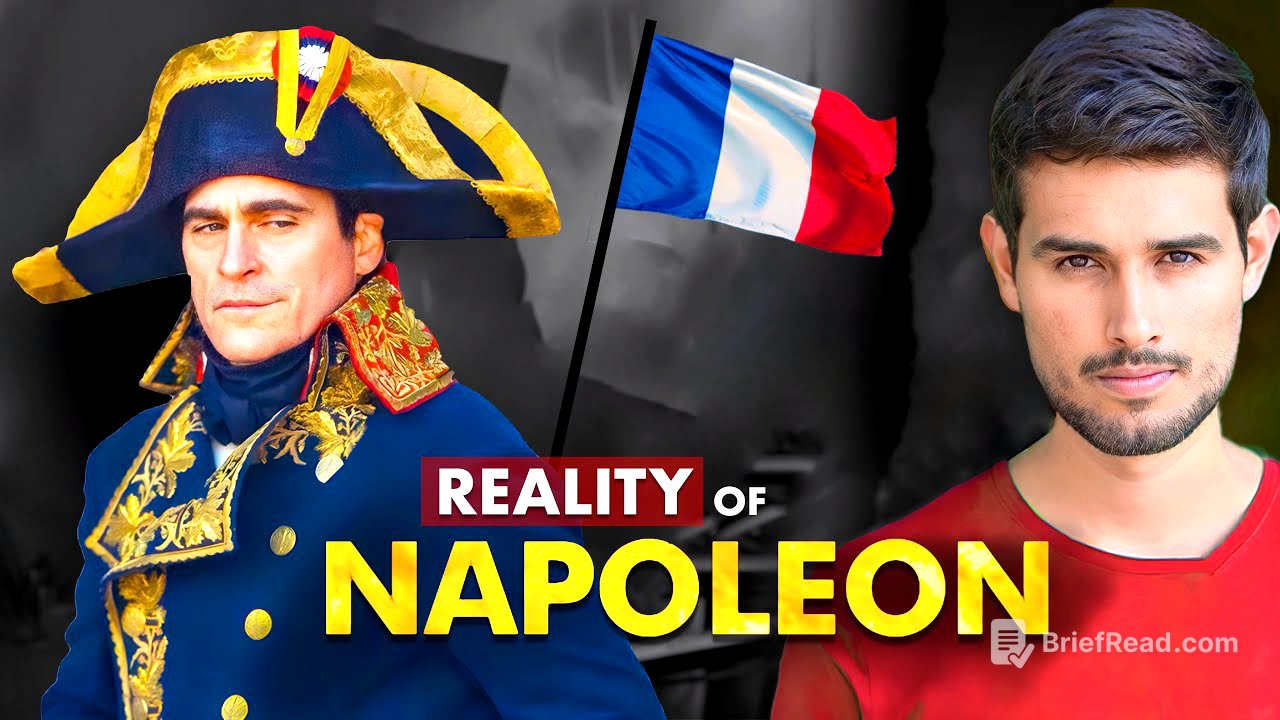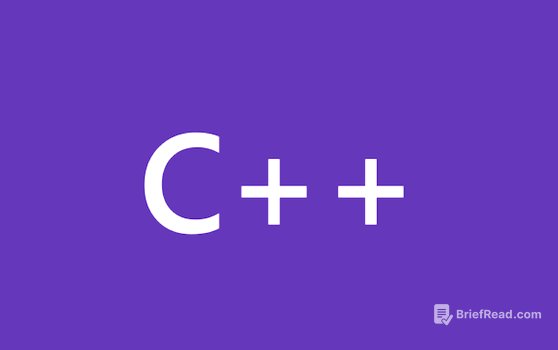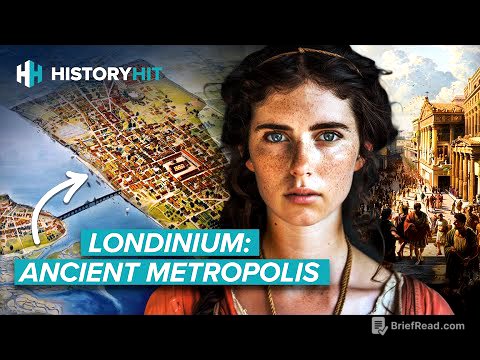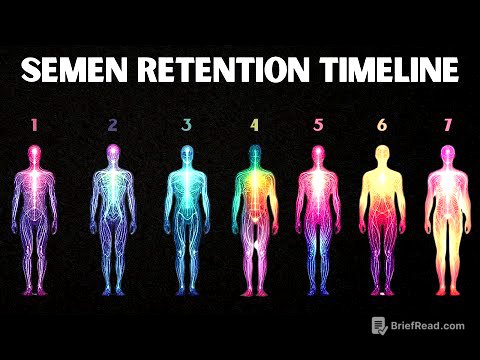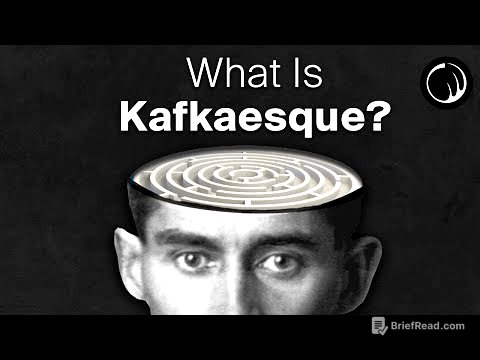TLDR;
This video explores the life and legacy of Napoleon Bonaparte, a controversial figure known for his military genius and ambition. It covers his Corsican origins, rise to power during the French Revolution, military campaigns, and his eventual downfall. The video also discusses Napoleon's complex legacy, including his contributions to French law and society, as well as his authoritarian tendencies and the human cost of his wars.
- Napoleon's early life was marked by Corsican nationalism and a complex relationship with his father.
- He rose to prominence during the French Revolution through military success and political maneuvering.
- Napoleon's military campaigns spread revolutionary ideals across Europe but also resulted in immense loss of life.
- As ruler of France, he implemented significant legal and social reforms but also consolidated power through authoritarian means.
- His ambition led to his downfall, marked by military defeats and exile.
Introduction: Napoleon Bonaparte - Hero or Villain? [0:00]
The video introduces Napoleon Bonaparte as a controversial figure, both a courageous military commander and a subject of criticism for his hunger for power and the immense loss of life attributed to him. It mentions the upcoming Ridley Scott film 'Napoleon' starring Joaquin Phoenix, which prompts the video to explore Napoleon's story. The video poses the question of whether Napoleon was a hero of the masses or a villain.
Early Life and Corsican Roots [1:14]
Napoleon was born in 1769 on the island of Corsica, which was under the rule of the Republic of Genoa and later sold to France. He initially embraced Corsican nationalism, inspired by Pasquale Paoli, a leader in the Corsican struggle for independence. Napoleon's father, Carlo, initially fought alongside Corsican freedom fighters but switched allegiance to the French after their victory. This shift allowed Carlo to secure nobility status and a position representing Corsica in the French court, which Napoleon resented, viewing his father as a coward. Despite his feelings, Napoleon and his brother Joseph were able to secure scholarships to French Military College because of their father's connections.
Military Education and the French Revolution [3:46]
At military college, Napoleon faced ridicule for his accent and viewed the French as colonizers, dreaming of Corsican independence. He found solace in books, particularly the works of Jean-Jacques Rousseau, who wrote about Corsican freedom. Napoleon excelled in mathematics, history, and geography and was inspired by figures like Alexander the Great and Julius Caesar. He joined a military academy in Paris, specializing in artillery, and became a second lieutenant in the French army. The French Revolution in 1789 led to Corsica falling under the jurisdiction of the French National Assembly and the return of Pasquale Paoli from exile. Despite Napoleon's admiration for Paoli, Paoli harbored resentment toward Napoleon's family, leading to Napoleon and his family relocating to France.
Rise to Prominence: Military Success and Political Maneuvering [6:28]
During the French Revolution, France was embroiled in a civil war. Napoleon supported the Jacobin government, which impressed Maximillian Robspierre's brother and boosted his career. In 1793, Napoleon was dispatched to Toulon, a French naval base under attack by British forces. His strategic plan and bravery led to a French victory, earning him the rank of Brigadier General at the age of 24. The Jacobin government, led by Robespierre, implemented reforms such as universal male suffrage and the abolition of slavery, but also initiated the Reign of Terror, leading to widespread executions. After the overthrow of the Jacobin government, Napoleon was briefly imprisoned but later released. In 1795, he suppressed a revolution in Paris, which pleased Paul Barras and earned him the title of General.
The Army of Italy and the Egyptian Campaign [10:37]
At 27, Napoleon became General in the French Army and took command of the Army of Italy. He motivated his troops by emphasizing discipline and condemning looting. Napoleon's passion for art led him to appropriate artworks to establish a universal museum in Paris. He led the Army of Italy to victory against the Austrians at the Battle of Arcole, employing rapid troop movement and surprise attacks. In 1798, Napoleon proposed a campaign in the Mediterranean, capturing Egypt to block British access to India. He commenced his campaign with 40,000 soldiers and over 160 scientists, scholars, and artists. Victories followed, and Napoleon established the Institute of Egypt to study the country's history and culture. However, the British Navy destroyed numerous French ships in the Battle of the Nile, and Napoleon abandoned his army and fled from Egypt in 1799.
Propaganda and the Rise to Power [14:30]
Despite the military failure in Egypt, Napoleon was welcomed as a hero in France due to extensive pro-Napoleon propaganda. Newspapers, paintings, and songs praised Napoleon, portraying him as a knowledgeable and heroic figure. Propaganda paintings depicted him helping the sick and crossing the Alps on horseback, even though he actually crossed on a mule. This propaganda aimed to advance Napoleon's ambition to be on the throne. In November 1799, Napoleon orchestrated a coup, establishing a new Consulate government with himself as the First Consul. Referendums were held to solidify public approval, but they were fraudulent, with results manipulated to show overwhelming support for Napoleon.
Consolidation of Power and the Napoleonic Empire [19:54]
Napoleon continued to consolidate power through fraudulent referendums, becoming Consul for Life in 1802 and King of France in 1804. He openly embraced his love for power and engaged in a series of battles across Europe. Many European nations fought against Napoleon to defend their monarchies and social hierarchies. Napoleon presented himself as a liberator, propagating the slogans of freedom and revolution. He was initially viewed as a hero by some, including Beethoven, for opposing monarchy. However, Beethoven removed Napoleon's name from his symphony when Napoleon declared himself king.
Authoritarian Rule and Contradictions [24:13]
Napoleon's decisions often contradicted the principles of the French Revolution. He reinstated slavery in 1802 and revoked many rights granted to women during the revolution. He imposed restrictions on freedom of expression, exiling dissenters and shutting down free newspapers. Despite bringing stability to France, Napoleon's rule maintained a dictatorial character. He appointed his brothers as kings in conquered territories, such as Spain, Naples, Westphalia and Holland.
Positive Legacy and Reforms [26:01]
Despite his authoritarian tendencies, Napoleon left a positive legacy. The Napoleonic Code of 1804 provided France with a comprehensive legal framework. He established equality for males under the law and ended feudalism in France and occupied territories. Napoleon's rule promoted secularism, religious freedom, and a shift in power towards the government. He established the Bank of France, introduced a modern tax system, and improved the education system. He also modernized Paris's water distribution system and ensured food security.
Downfall and Death [29:11]
Napoleon faced defeats, including the Egyptian campaign and the invasion of Russia in 1812. A coalition of European countries attacked Napoleon in 1813, leading to his exile to the island of Elba in 1814. He made a comeback in 1815 but was defeated at the Battle of Waterloo. Napoleon was exiled to the remote island of St Helena, where he died in 1821, marking the end of his story.
